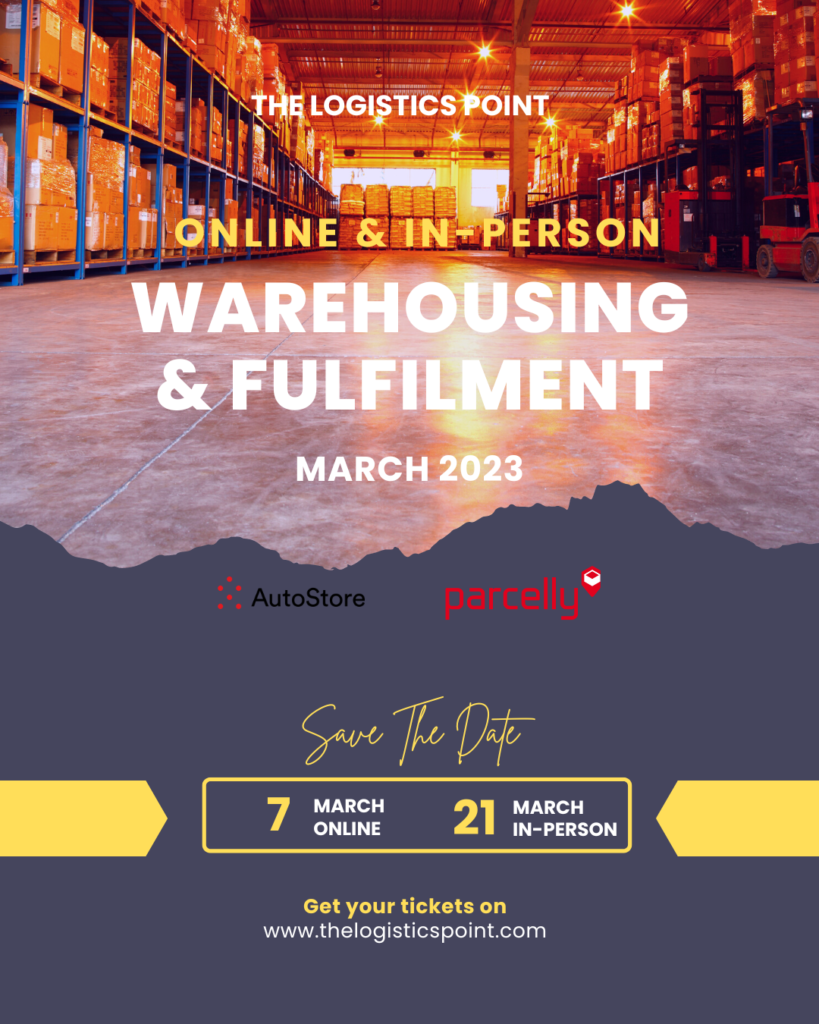As the year draws into a close, it is a compulsory tradition to take a look at the most significant events and predict what to expect in the new year.
So what really reshaped the logistics & supply chain industry in 2022?
For us at The Logistics Point there were two clear trends: Sustainability and Change Management. Why?

Sustainability End-to-End
The biggest challenge for our generation will be cutting down pollution and making sure that we can still produce and grow. These two are often seen as mutually exclusive, but this year we learn that is not the case.
All organisations are trying their best to make a difference and many are succeeding. ‘Sustainability is a tool you can arm yourself with,’ told us Elenor Smith from Slave-Free Alliance, in May during our Delivering Green: Creating Sustainable Supply Chains event. And this is so true for the next 12 months.
We also heard from Chris Jones from Descartes System Group about how sustainability is an opportunity and not a challenge. ‘Presenting delivery options to consumers and telling them which of their options are the most environmentally friendly is something you can do. It can be everything from steering consumers to choose a specific day for individual orders or to combine orders and support dynamic grouping. Instead of a fixed day, you can create density by delivering in the same neighbourhood to all residents,’ Chris explained in this video interview.

But the biggest commitment from companies might come due to the fact that sustainability can cut costs and make them more efficient. As Dean Maciuba from Crossroads Parcel Consulting explained in this video interview it is a good thing companies see sustainability as a way to cut costs.
Changing The Game
Change Management is the second trend we believe will shape the industry in 2023 and beyond. The seeds have already been sown in 2022. Culture is becoming another hot topic for many companies, as they see the new generations being more demanding and taking careful look at what organisations commit to.
Even if organisations change their operating model and streamline with new technology, the company needs to be ready for the change. ‘The end solution needs to be something people want to embrace. Of course, there will always be someone who holds on to the old ways,’ told us Rich Diaz, CEO & President at Catena Solutions in this piece about change management.
Supply chains are certainly becoming more human centric and that will drive a new wave of transformation. Supply chain leaders are having to reinvent what it means to work in the industry and the essence of the sector. There is not just more focus on sustainability but actual measurable data and KPIs that can be proved. ‘Great processes that aren’t used aren’t good processes and great devices or great software that aren’t used aren’t really good devices and software,’ James Summers from Conker told us in this video.
So what is your opinion? Do you think we got it right? You can share your thoughts with us by filling in our Logistics & Supply Chain 2023 Survey.

